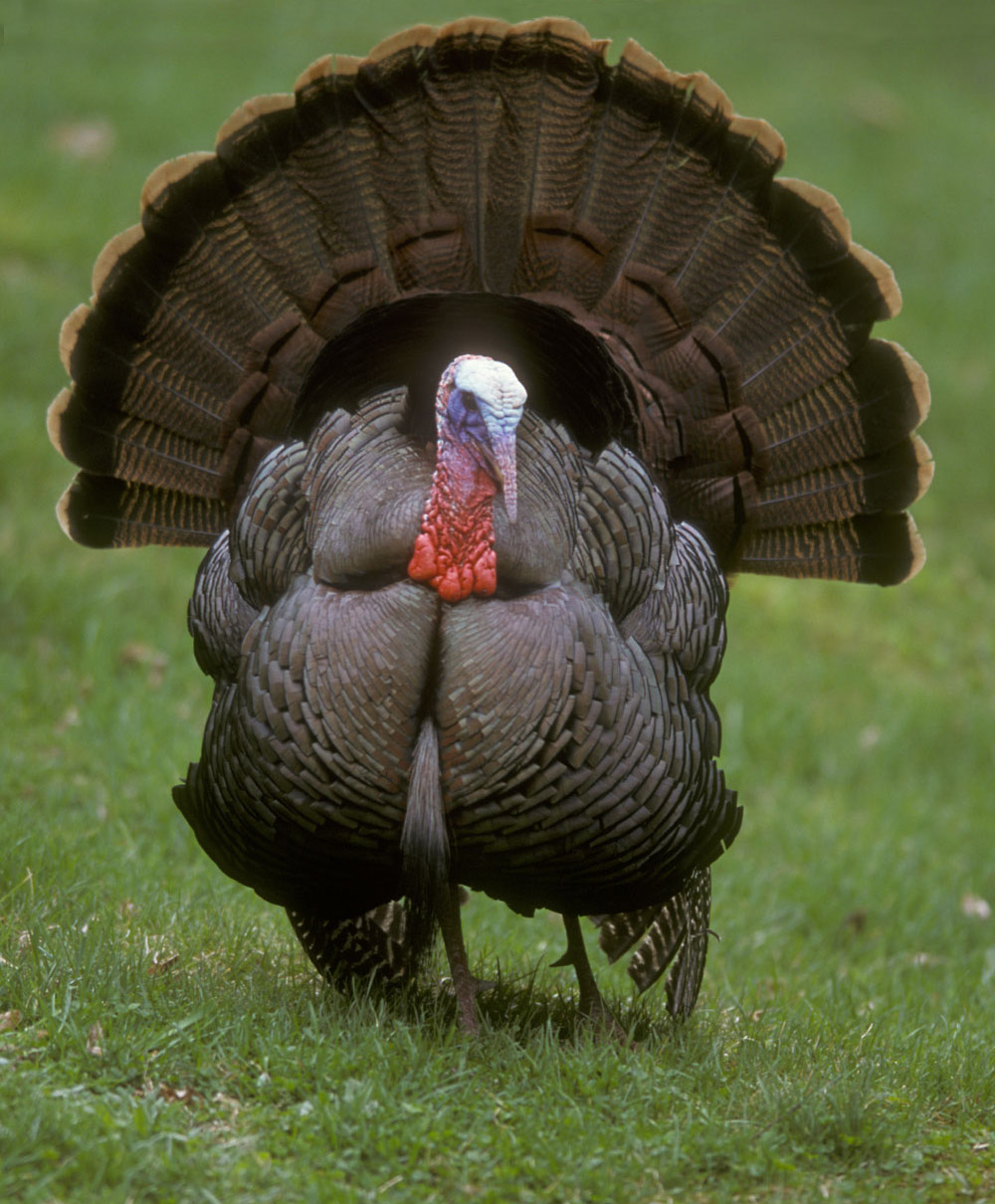|
Linquornis
''Linquornis'' is a genus of peacock-sized Galliform bird that lived in Miocene of China; it consists one single species. ''Linquornis gigantis'' is the biggest bird fossil found in China China, officially the People's Republic of China (PRC), is a country in East Asia. It is the world's most populous country, with a population exceeding 1.4 billion, slightly ahead of India. China spans the equivalent of five time zones and .... References Miocene birds Fossil taxa described in 1980 {{galliformes-stub ... [...More Info...] [...Related Items...] OR: [Wikipedia] [Google] [Baidu] |
Galliformes
Galliformes is an order of heavy-bodied ground-feeding birds that includes turkeys, chickens, quail, and other landfowl. Gallinaceous birds, as they are called, are important in their ecosystems as seed dispersers and predators, and are often reared by humans for their meat and eggs, or hunted as game birds. The order contains about 290 species, inhabiting every continent except Antarctica, and divided into five families: Phasianidae (including chicken, quail, partridges, pheasants, turkeys, peafowl (peacocks) and grouse), Odontophoridae (New World quail), Numididae (guinea fowl), Cracidae (including chachalacas and curassows), and Megapodiidae (incubator birds like malleefowl and brush-turkeys). They adapt to most environments except for innermost deserts and perpetual ice. Many gallinaceous species are skilled runners and escape predators by running rather than flying. Males of most species are more colorful than the females, with often elaborate courtship behaviors t ... [...More Info...] [...Related Items...] OR: [Wikipedia] [Google] [Baidu] |
Miocene
The Miocene ( ) is the first geological epoch of the Neogene Period and extends from about (Ma). The Miocene was named by Scottish geologist Charles Lyell; the name comes from the Greek words (', "less") and (', "new") and means "less recent" because it has 18% fewer modern marine invertebrates than the Pliocene has. The Miocene is preceded by the Oligocene and is followed by the Pliocene. As Earth went from the Oligocene through the Miocene and into the Pliocene, the climate slowly cooled towards a series of ice ages. The Miocene boundaries are not marked by a single distinct global event but consist rather of regionally defined boundaries between the warmer Oligocene and the cooler Pliocene Epoch. During the Early Miocene, the Arabian Peninsula collided with Eurasia, severing the connection between the Mediterranean and Indian Ocean, and allowing a faunal interchange to occur between Eurasia and Africa, including the dispersal of proboscideans into Eurasia. During the ... [...More Info...] [...Related Items...] OR: [Wikipedia] [Google] [Baidu] |
China
China, officially the People's Republic of China (PRC), is a country in East Asia. It is the world's most populous country, with a population exceeding 1.4 billion, slightly ahead of India. China spans the equivalent of five time zones and borders fourteen countries by land, the most of any country in the world, tied with Russia. Covering an area of approximately , it is the world's third largest country by total land area. The country consists of 22 provinces, five autonomous regions, four municipalities, and two Special Administrative Regions (Hong Kong and Macau). The national capital is Beijing, and the most populous city and financial center is Shanghai. Modern Chinese trace their origins to a cradle of civilization in the fertile basin of the Yellow River in the North China Plain. The semi-legendary Xia dynasty in the 21st century BCE and the well-attested Shang and Zhou dynasties developed a bureaucratic political system to serve hereditary monarchies, or dyna ... [...More Info...] [...Related Items...] OR: [Wikipedia] [Google] [Baidu] |
Miocene Birds
The Miocene ( ) is the first geological epoch of the Neogene Period and extends from about (Ma). The Miocene was named by Scottish geologist Charles Lyell; the name comes from the Greek words (', "less") and (', "new") and means "less recent" because it has 18% fewer modern marine invertebrates than the Pliocene has. The Miocene is preceded by the Oligocene and is followed by the Pliocene. As Earth went from the Oligocene through the Miocene and into the Pliocene, the climate slowly cooled towards a series of ice ages. The Miocene boundaries are not marked by a single distinct global event but consist rather of regionally defined boundaries between the warmer Oligocene and the cooler Pliocene Epoch. During the Early Miocene, the Arabian Peninsula collided with Eurasia, severing the connection between the Mediterranean and Indian Ocean, and allowing a faunal interchange to occur between Eurasia and Africa, including the dispersal of proboscideans into Eurasia. During the late ... [...More Info...] [...Related Items...] OR: [Wikipedia] [Google] [Baidu] |

